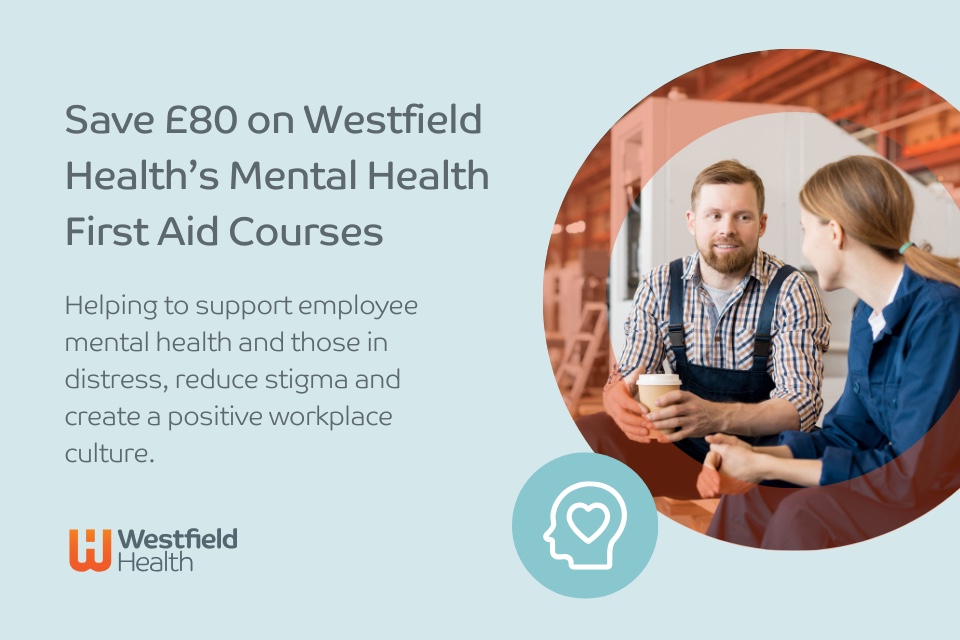By Josh Manlises, Winningtemp
A pandemic that almost one year on still has a stronghold over the political and economical landscape of not only the United Kingdom, but the rest of the world too. Rich or poor, black, or white, naughty, or nice, Covid-19 cares not at all about your personal circumstances. And while there is now, finally, light at the end of a very long tunnel thanks to the rapid development of a vaccine, we can be sure of one thing, the way we live and how we work has forevermore been changed.
The spring of 2020 should have brought with it a flourish of optimism. The reality of course was very different. Coronavirus had officially hit our shores and with it, lockdown life began. Remarkably, the data on employee engagement during this time and the proceeding months was exceptionally high. It seems that as people struggled with the day-to-day challenges that Covid-19 brought about, they took comfort in their work. They weren’t necessarily happy – that is an altogether different metric, but their work did give them a focus and opportunity to carry out some aspect of their lives in a normalised manner. For a time, it could be a distraction from the mounting anxiety and collective stress of a nation.
Unsurprisingly, mental health issues have seen an exponential rise during the pandemic. Redundancies, home-schooling, the breakdown of relationships and the caring for elderly relatives, alongside the worry of the unknown, have all had an impact on employee wellbeing. As the pandemic continues, employers must now concern themselves with the resilience and care of their people. Those who showed strength 10 months ago, may now feel weary and disheartened.
The mental health charity Mind found that more than half of adults (60%) and over two thirds of young people (68%) said their mental health worsened during lockdown. Those with pre-existing mental health conditions were particularly affected and employees who had been furloughed also reported a decline in their wellbeing compared to their peers.
High levels of engagement aren’t necessarily a sign that everything is good, and organisations must support their people throughout long periods of uncertainty and stress.
Read More: Why compassion is your biggest Covid ally | Winningtemp









